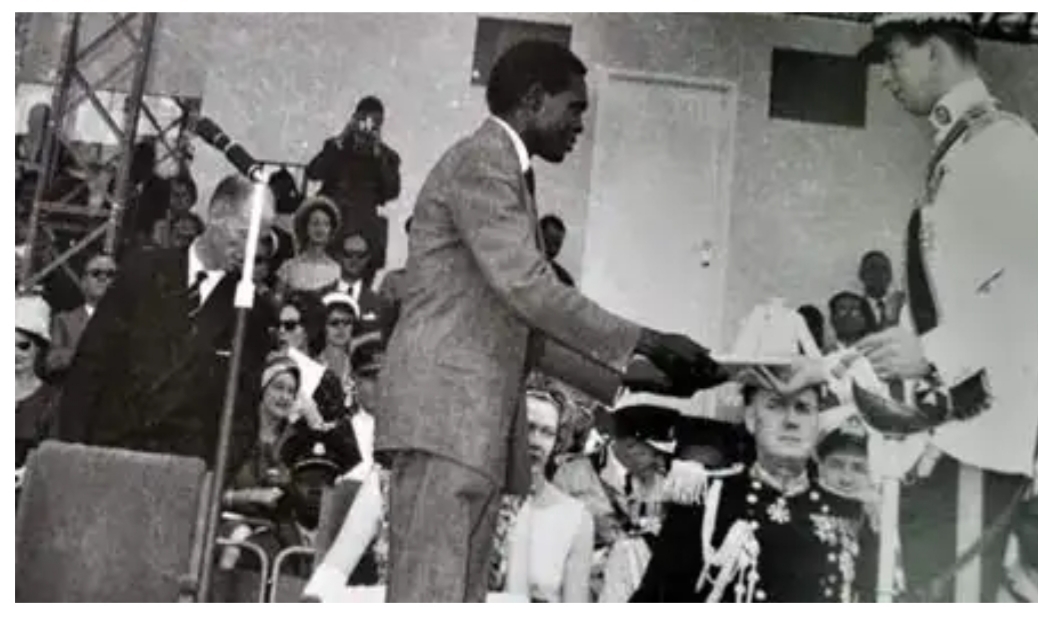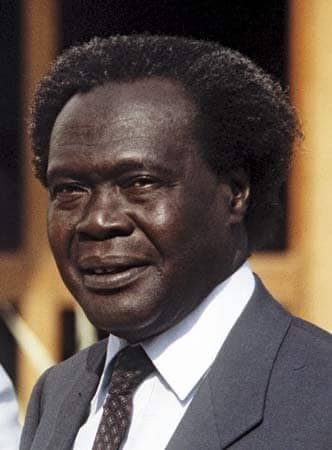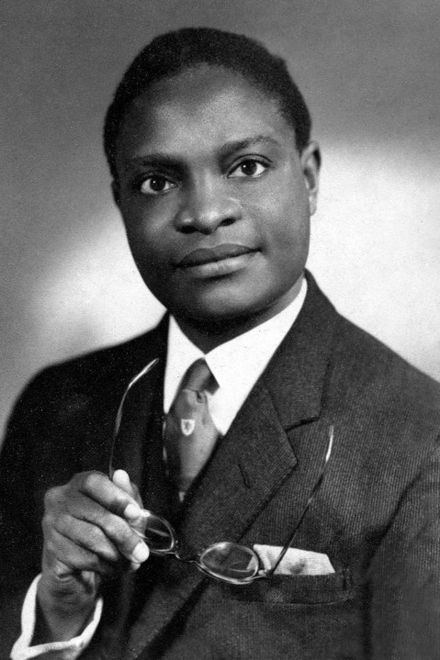
KAMPALA – While Uganda got independence on October 9, 1962, from Britain, that day could have come earlier. It could have been in the early 1950s, owing to the circumstances that prevailed in the country and Africa by then.
For instance, the Times newspaper of London dated October 9, 1962, while writing about the 1945-1949 riots and how it led to Uganda’s independence, wrote: “The British response to the awaking political activity was to appoint African members to the Legislative Council [Parliament of Uganda] and to increase that number during the following decade”. The paper added: “The steady pass to self-governance envisaged by even the most liberal thinkers in Britain as late as 1945 was no longer feasible”. Therefore, this is evident enough that if the riots had maintained momentum and spread throughout the country, Uganda’s independence would have come earlier.
In 1922, Egypt got independence from Britain. Thirty-five years later, Ghana became the second African country to attain independence, after Egypt. Events that led Ghana to independence were similar to those of Uganda and had occurred at the same time. In 1945, there were riots in Ghana against the British rule just as there were riots in Uganda in 1945 and again in 1949 against the British colonialists. But in Ghana, the riots bled into a protracted people’s resistance and 12 years later, Ghana got independence.

So why did Ugandans fail?
Uganda did not have charismatic and nationalist leaders to guide and drive people into the independence wave. Those that were there such as Ignatius Kangave Musaazi, James Kabazi Miti and Sparta lacked a common ideology.
While Musaazi called for the independence of Uganda, Miti and others wanted Buganda to secede and be declared independent. Besides, there was lack of national support from the clergies, kings and chiefs like it was in Ghana. In Ghana, their elites such as Kwame Nkrumah, Dr J.B Danguah, Ofori Atta, Ako Adei were highly educated and internationally exposed. Besides, they enjoyed massive support from the church leaders, kings and chiefs who drove crowds towards them.
There was no harmony in Uganda. In Ghana, harmony kept all Ghanaians together during the riots. In Uganda, self-interest prevailed over national interest. For example, the “Buganda first, Uganda second” ideology delayed Uganda’s independence. Uganda’s forgotten and unsung independence, Francis Semakula Mulumba, then living in the United Kingdom lobbying for Uganda’s independence also wasted a lot of time fighting Buganda’s “Mwana Wani” ideology.
Mengo establishment with the British fought him for enlightening Ugandans about democracy and its facets such as elections. Semakula-Mulumba was before 1950 perhaps Uganda’s top most elite, diplomat and internationally connected and exposed Ugandan and he was at the time as popular as Nkrumah was in Ghana. The “Mwana Wani” ideology and Buganda feeling superior over other tribe, there was no cohesion to nationally drive people into the independence wave. For example in Ghana, the Akan, Ghana’s largest tribe forming about 50 per cent of the total population had assimilated and influenced other tribes such as the Ga, Ewe and Twi among others which helped in the spread of resistance against the British.
Buganda’s attempt to secede
Since 1921, Buganda had wanted to secede. It was not until Uganda got independence as one entity that Buganda’s ambition to secede was deflated by that reality. For Buganda to secede and declared independence, it would have invalidated the March 10, 1900 and October 17,155 Namirembe agreements which stipulated that Uganda shall be governed as one entity with Buganda as one of the provinces of the Protectorate Uganda under her Majesty Queen’s government. It was this issue that caused a delay of the day Uganda attained independence as negotiations were conducted to put Buganda back on the same line with the rest of the country. And this is recorded in several publications.

For instance, when the famous “Wild Report” which recorded the views about Uganda’s independence and its governance thereafter was released on December 24, 1959, some Baganda elites expressed in public their opposition to the report. Among them who wanted Buganda to secede was Dr Emmanuel Lumu, a member of the Buganda Lukiiko. While at a political rally at Kasangati near Kampala, Dr Lumu was quoted by the Uganda Argus of January 6, 1960 as having said: “We shall govern ourselves and Buganda under the Kabaka”. One of the proposals in the John Wild report had proposed that traditional leaders and hereditary rulers should be a political. Some Baganda wanted and insisted that the Kabaka to be the “head of all civil servants in the country” as was put. But other kingdoms in Uganda differed with Mengo and supported the proposal.
On January 30, 1960, the Lukurato “parliament” of Bunyoro kingdom passed a resolution supporting the Wild Report just as Toro, Ankole, Busoga and other regions. Earlier, the Katikiro of Buganda kingdom, Michael Kintu, was quoted by the Uganda Post newspaper calling who ever opposed Buganda’s independence “Majangwa” a popular man in Kampala at the time. Prominent Baganda who opposed Mengo’s stance on independence were the Democratic Party (DP) leader Benedicto Kiwanuka, Eridadi Mulira, Abu Mayanja and others. On December 31, 1960 some Baganda declared Buganda independent for the second time. The first time was on June 15, 1960 in fact, five Baganda men were given huge sums of money ostensibly to go and open embassies for Buganda abroad.





